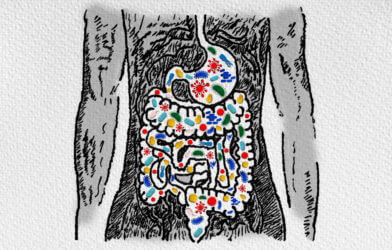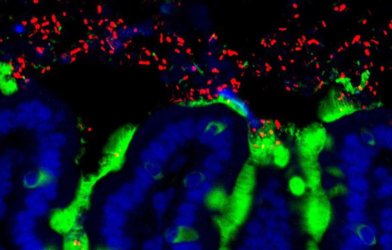
Immunity


This sweet potato could help babies sleep better and build stronger immune systemsAugust 9, 2023

Microbiome Power: How Immune Systems Develop Genes to Combat Common BacteriaAugust 7, 2023

Your brain’s surprising ally when it comes to fighting infection: Your gutJanuary 9, 2023

Newly discovered species of bacteria in the microbiome may be culprit behind rheumatoid arthritisOctober 29, 2022

This anti-sedative may prevent the brutal gut-crushing side effects from chemotherapySeptember 21, 2022

Some cancer-causing viruses suppress the immune system, thanks to regular gut bacteriaSeptember 14, 2022

Antibiotics can exacerbate melanoma by altering gut environmentSeptember 12, 2022

If you got really sick from COVID, your gut could be to blameSeptember 2, 2022
